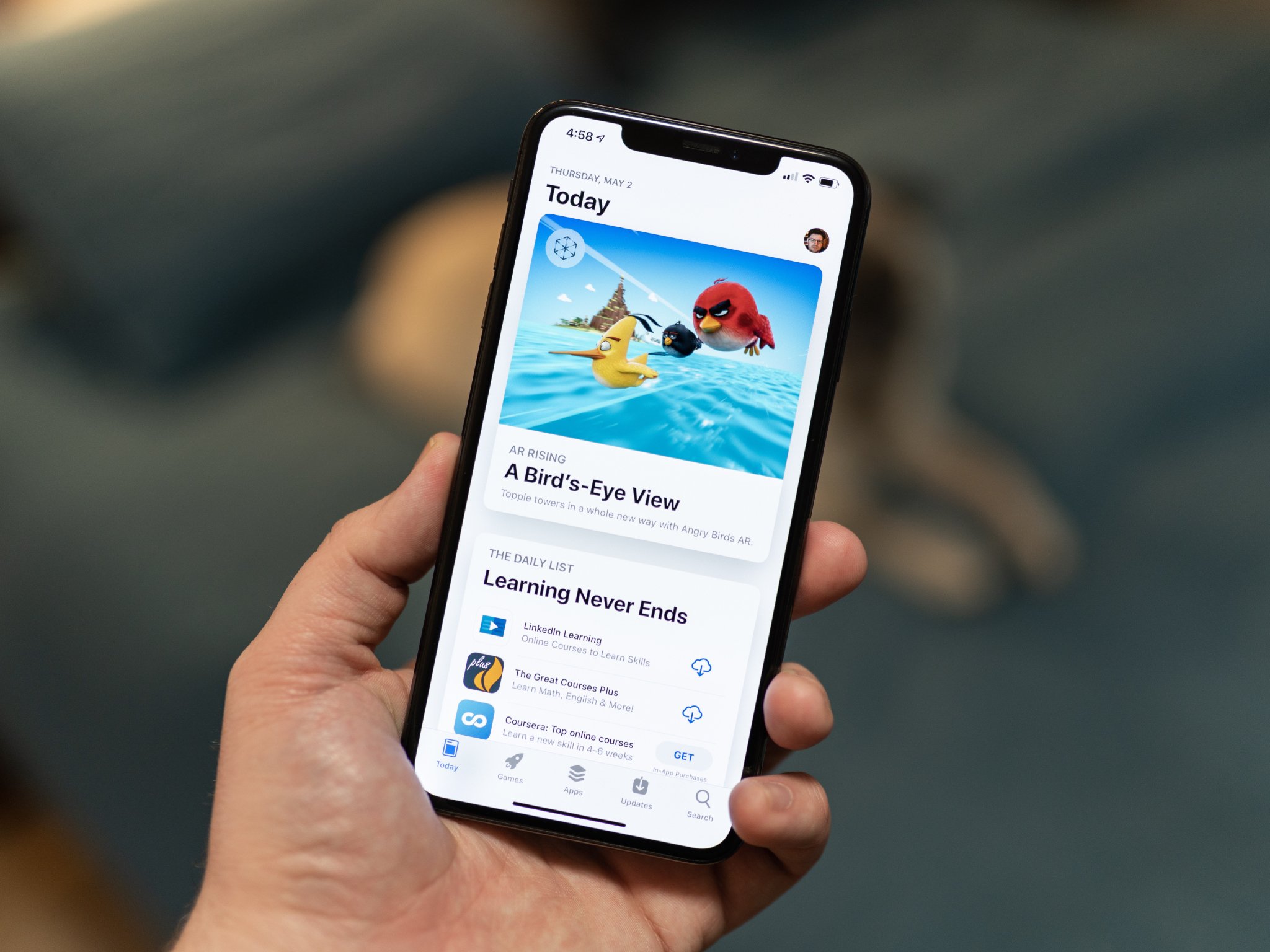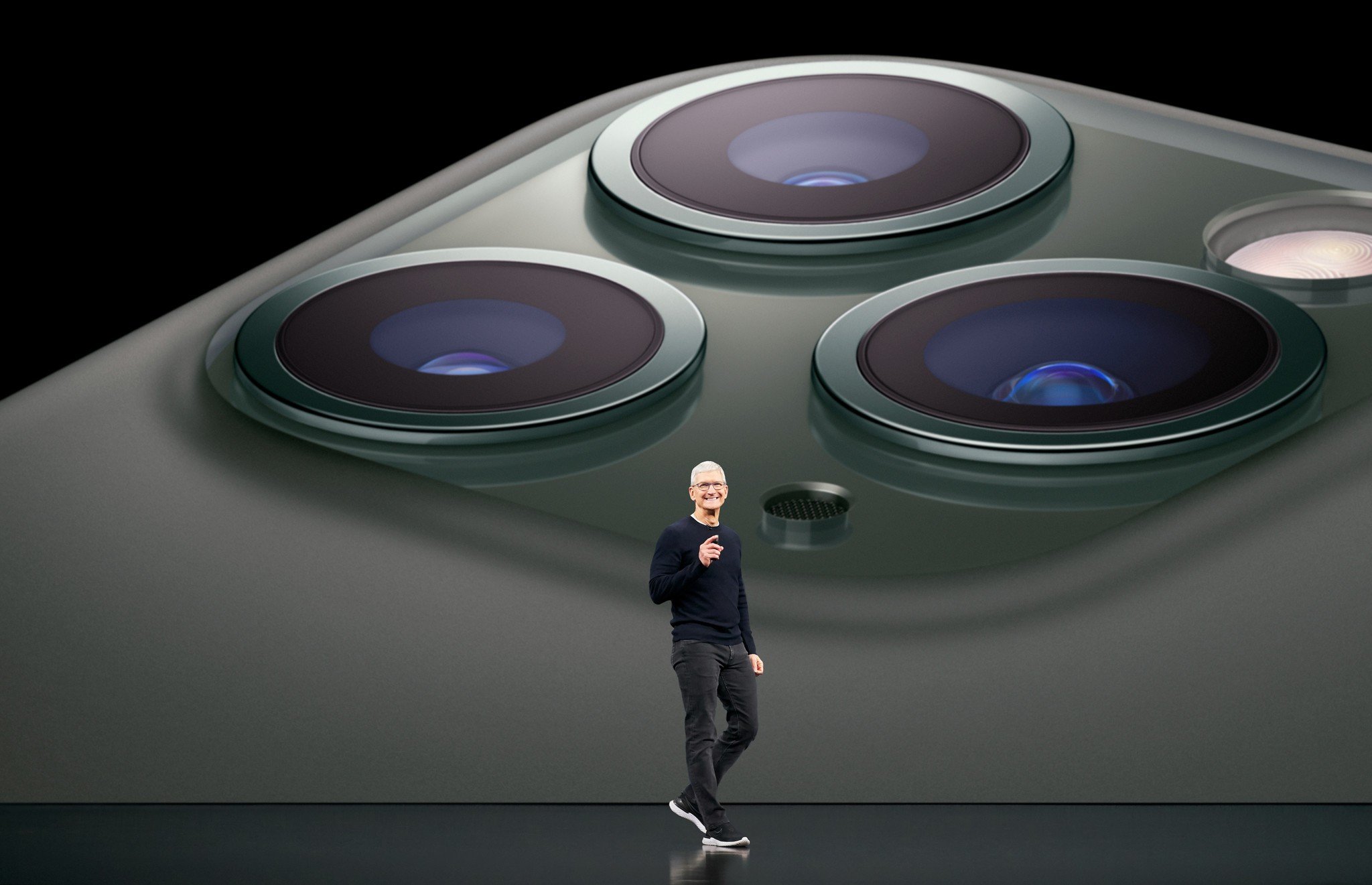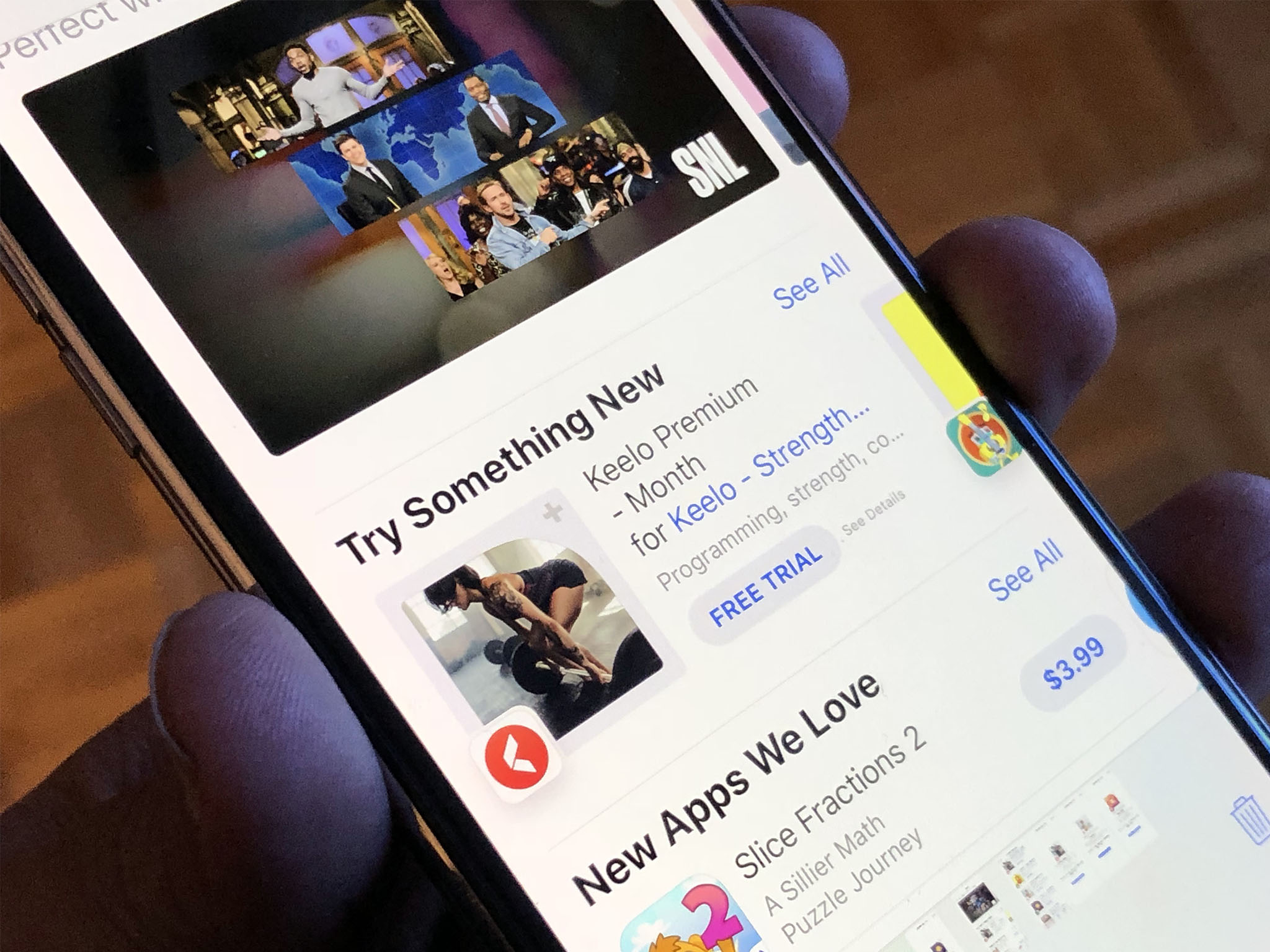10 quotes that could reveal the outcome of the Apple vs Epic Games trial

iMore offers spot-on advice and guidance from our team of experts, with decades of Apple device experience to lean on. Learn more with iMore!
You are now subscribed
Your newsletter sign-up was successful
The Apple vs Epic Games trial is over, and it's now up to Judge Gonzalez Rogers to figure out just exactly what the heck is going on. Judge Rogers poetically described the process of the trial at the close of play yesterday, stating "Opening arguments show you the cover of a puzzle box. During the trial, the box is being filled with evidence, which are puzzle pieces. In this case, it's up to the court to figure out how the pieces come together."
We can't know for certain how Judge Rogers will rule in this case, and indeed if you cast a glance across the web at how people think the trial has gone, the disparity in opinion sort of proves just how up in the air this all really is. Before we proceed, it is very important to remember that Judge Rogers is essentially going to be ruling on which set of facts or points of law is going to be appealed to another court. It is extremely unlikely the decision given in the next few months will be final, as the party which loses is almost certain to appeal the decision. The successful party might even appeal it if they don't think it goes far enough.
In a frantic final day of back and forth, Judge Rogers picked the brains of counsel for both Apple and Epic in a sort of legal game of tennis, except it was the umpire serving the balls. Here are some things Judge Rogers (YGR) said that might give some insight into what happens next:
"Your formulation seems to ignore the reality that customers choose an ecosystem, right?"
Point one to Apple, Judge Rogers pressed Epic on the fact that there was "a lot of evidence" shown in the trial that in the foremarket (before you by a phone or console) there was a choice afforded to consumers and that Apple's strategy was "to create a particular kind of ecosystem that is incredibly attractive to its purchasers." She noted similar models such as Xbox, stating "If you buy the Xbox or you buy into a variety of these particular walled-off gardens, you know that that's what you're buying into and you choose to make that decision". She further added that there seemed to be competition in that area.
"The 30% number has been there since the inception. And if there was real competition, that number would move. And it hasn't."
One of Epic's key arguments is that Apple doesn't have any competition in iOS distribution, which means the App Store is stagnant, slow to innovate, and can charge whatever it wants. Interestingly, YGR did not seem to take notice of Apple's Small Business Program and has previously stated that she did not think Apple had made this change because of competition. She added, "If the relevant market here includes developer-side competition, so far there doesn't seem to be anything that is in the market itself that is pressuring Apple to compete for developers." YGR seemed to agree with Epic on this.

"Apple's not just being sued by Mr. Sweeney and his company. They're being sued by an entire class of developers"
Noting pending litigation against Apple, YGR highlighted how Apple's iOS ecosystem and the App Store had "some big supporters, some big detractors, and some people in the middle", noting Epic Games and Tim Sweeney were not the only party with grievances. Epic Games seems to have successfully argued during the trial that Apple has a fractious relationship with developers and that there are plenty of developers who would like to see Epic's vision of a remodeled ecosystem become a reality.
"But you can't ignore the quality issue"
Swinging back to Apple, YGR highlighted the innovation and advancements of the iPhone and the App Store, stating "there is an enormous amount of innovation on the iPhone that is in fact allowing these games to be played and which game developers are benefiting from." This plays into the argument that Apple made that its 30% commission is necessary because of all the investment it has made in the App Store. Clearly, she believes that there is value to the App Store and Apple's IP, further stating the growing iPhone market helps developers".
iMore offers spot-on advice and guidance from our team of experts, with decades of Apple device experience to lean on. Learn more with iMore!
"What if we defined the market solely as mobile gaming, not games in general?"
One big question at stake is the definition of the market. Is the market just the iPhone and iOS (of which Apple obviously has a monopoly because... well... obviously), or is it the wider world of consoles, PCs, and phones made by Android vendors? YGR seems to be headed somewhere in the middle, perhaps looking to define the market as mobile gaming, including Android and the Nintendo Switch. This could be key in establishing whether Apple is or is not a monopolist. For the record, Apple's lawyer said this would make him "very sad". Interestingly, this could mean any remedies given by the court might only apply to mobile games, and not to other categories of apps as defined by the App Store.
"Okay, why not just a note saying there are more options online?"
A lot of the trial focused on anti-steering, and YGR seems to have really honed in on this, suggesting a remedy could be applied here. Apple doesn't let developers tell users who buy things through iOS know that they can get them elsewhere. Apple has persistently argued it would be like putting up a sign in Nordstrom telling them to shop at Macy's. However, YGR did not buy Apple's argument that this was also about efficiency, and noted Tim Cook's admission Friday that this was a means for Apple to collect its commission for its work, before agreeing "I understand Apple has a right in my view for its intellectual property." YGR asked why there couldn't be something, literally anything that would let customers know that in-app purchases weren't the only way to pay for certain goods.

"But the effect of both of these is that Epic Games would pay Apple nothing"
Turning to remedies, YGR stated she was "bothered" that Epic didn't seem interested in paying for access to iOS and the iPhone, or that if it was it didn't have a good explanation as to how that money would be collected. She stated, "I still don't understand where you expect this to go... but the effect of both of these is that Epic Games would pay Apple nothing." Epic Games is pressing for its own store on iOS that would let users download apps and games, paying commission to Epic instead of Apple, but as Apple and its counsel have noted that would essentially mean Epic would have free access to the ecosystem and all of its users without actually paying Apple for the money it was making on Apple's own platform. YGR was insistent on this, and it seems to be a big blow to the prospect of an Epic Games Store for iOS.
"Mr. Bornstein, I don't hear him saying that."
Epic tried to hit back regarding this, stating that Apple was saying "we have IP, we can license it however we want, competitive consequences be damned. That's it. Full stop". Counsel for Epic called it shocking but the judge said she didn't feel the same way.
"On Google's platform, there are many stores, and yet Epic sued them anyway."
In one of the biggest moments of the trial's final day, YGR asked why Epic games was suing Apple so as to open up iOS when it had also sued Google for using this exact model. She said "So how would opening up iOS solve the problem, "given that Epic has also sued Google on the exact model." Epic Games tried to argue that the Google trial was about different issues.
"Be clear, right? Epic is here because if relief is granted, they go from a multibillion-dollar company to a maybe-trillion-dollar company, who knows. But they won't do it out of the kindness of their heart."
Noting Tim Sweeney's admission that Epic Games would have taken a special deal from Apple had it been offered one, YGR noted that Epic "may or may not have ulterior motives" that weren't particularly relevant to the case, before stating the above. Epic's lawyers protested stating the company has made a commitment to helping other developers too, before insisting it would be "unfair" to say Epic Games was only in this for the money.
Summing up
So there you have it. Make no mistake, Judge Rogers seems to have plans to legislate for some App Store reform and seemed particularly interested in provisions that would reduce the "anti-steering" practices of Apple. For example, she might allow companies like Spotify or Netflix to tell their users that they can go beyond the iOS App Store to purchase subscriptions to those services. It does however also seem clear that the judge is less interested in blowing iOS wide open and allowing other App Store and "stores within stores" onto iOS, noting that this seems like a play to reap the benefits of the iOS ecosystem without paying for the privilege.

Stephen Warwick has written about Apple for five years at iMore and previously elsewhere. He covers all of iMore's latest breaking news regarding all of Apple's products and services, both hardware and software. Stephen has interviewed industry experts in a range of fields including finance, litigation, security, and more. He also specializes in curating and reviewing audio hardware and has experience beyond journalism in sound engineering, production, and design.
Before becoming a writer Stephen studied Ancient History at University and also worked at Apple for more than two years. Stephen is also a host on the iMore show, a weekly podcast recorded live that discusses the latest in breaking Apple news, as well as featuring fun trivia about all things Apple. Follow him on Twitter @stephenwarwick9
